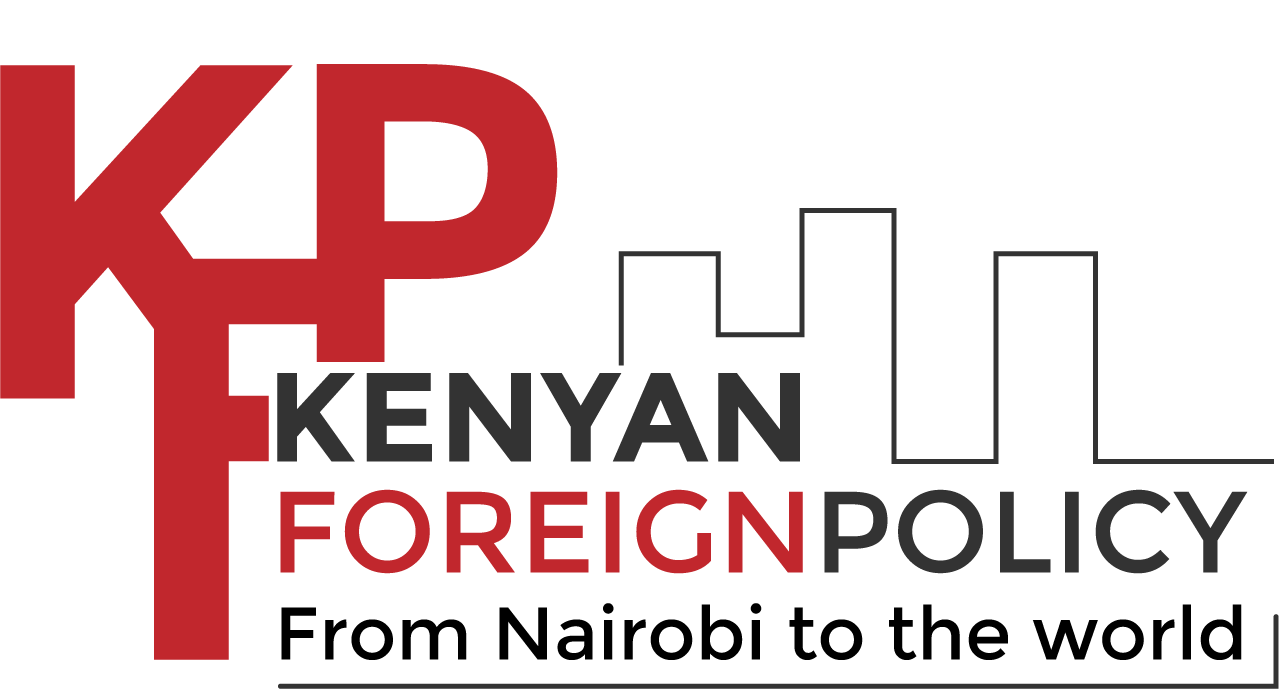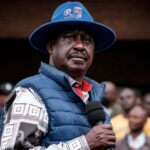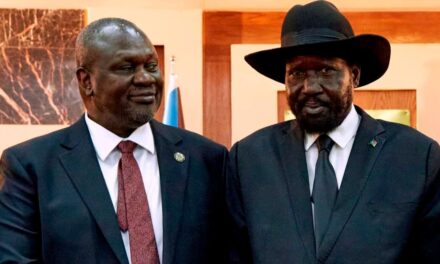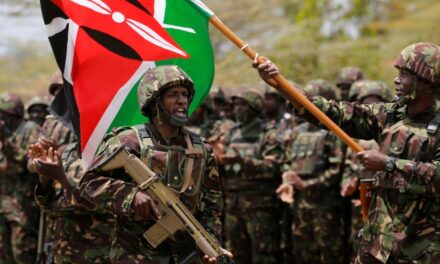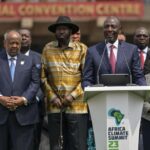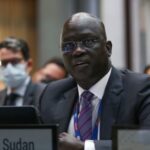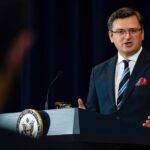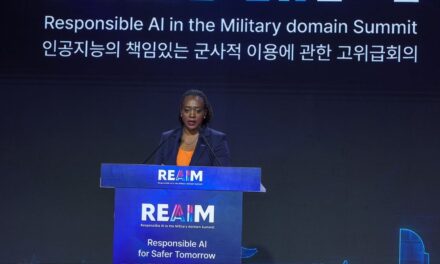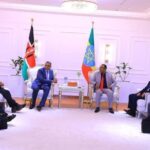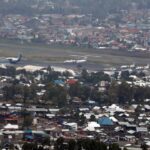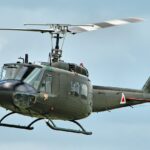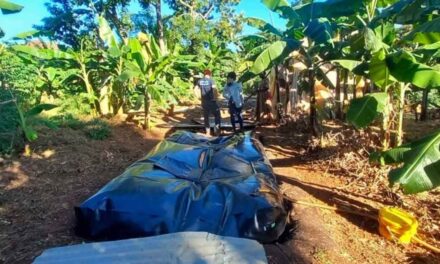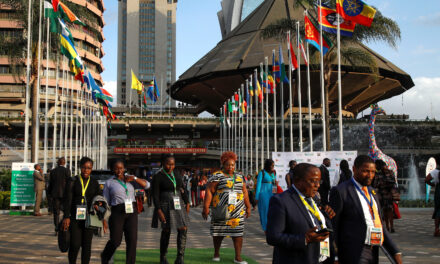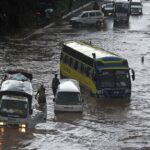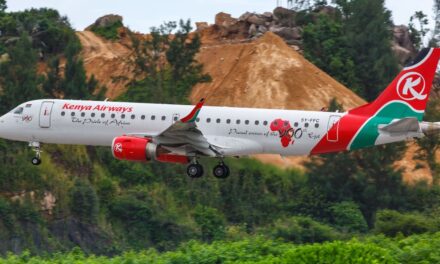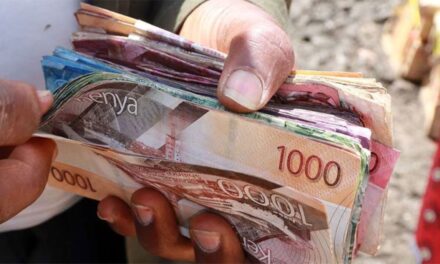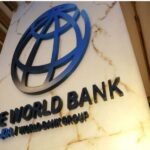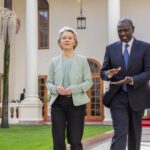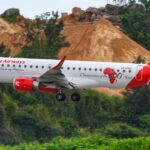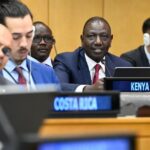
DRC Rejects EAC Election Observers
Posted by Eliud Kibii | Dec 19, 2023 | REGIONAL TENSIONS


ARUSHA – The East African Community will not observe DRC elections set for Wednesday, December 20.
Through a statement on Monday, EAC Secretariat said although it was ready to participate as an observer in the polls, DRC declined to approve its request.
“This is to notify EAC partner states, development partners and all other stakeholders that EAC will not physically be present in DRC to observe her 2023 General Elections as provided for in the Treaty Establishing the East African Community and as it has been the practice since the inception of the EAC,” the statement said in part.
“This development is due to the fact that although EAC was ready, the request to undertake the exercise has not been granted by the relevant authorities,” it added.
According to the EAC election observation guidelines, all observers, local and international, must be accredited by the relevant Election Management Body in line with prescribed procedures.
However, the guidelines provide that “EAC shall have a standing invitation to observe elections in any partner state”.
The decision by Kinshasa comes days after it refused to renew the East African Community Regional Force (EACRF), which was deployed to stabilise the eastern part of the country that is facing insecurity. DRC accused EACRF of not fighting the rebels, particularly the M23.
DRC, the seventh EAC member state, will on Wedensay see nearly 40 million voters go to the polls for the presidential election in which President Félix Tshisekedi is seeking his second and final five-year term. Tshisekedi is facing 19 other candidates in the race.
However, the main candidates are three: Martin Fayulu, who was Tshisekedi’s main rival in the 2018 elections and decried rigging in that poll; former Katanga governor and businessman Moïse Katumbi and 2018 Nobel Peace Prize winner Dr Denis Mukwege.
Four of the candidates who have withdrawn have backed Katumbi and his “Together for the Republic” party, while two, Patrice Majondo Mwamba and Joëlle Bile have endorsed President Tshisekedi’s reelection.
The election is happening at a time the eastern part of the country is facing instability and insecurity from rebel groups, including the M23.
Late November, the European Union cancelled its election observation mission for the DRC polls, saying it would not be able to go across the country for security reasons.
“Due to technical constraints beyond the control of the EU, we are forced to cancel the EU election observation mission to the Democratic Republic of Congo (DRC),” the EU said in a statement.
Despite observers having arrived in Kinshasa and due for deployment on November 21, EU spokesperson Nabila Massrali said they had been forced to halt their posting for security reasons.
Your support empowers us to deliver quality global journalism. Whether big or small, every contribution is valuable to our mission and readers.
